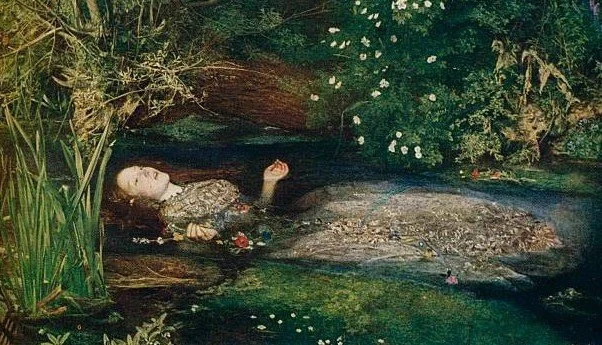The estate lawyer called right before my class. “We just need that list of names and percentages,” he said. “To finish up your will.”
Right. Names and percentages. Who gets what after my wife and I are both gone.
Ten minutes later, I’m walking across campus, and I catch a swell of emotion. The time machine has caught hold of me and now I’m sitting beside my Aunt Mary’s hospital bed, trying to decide if I should hold her hand, or not. Her eyes are closed and the machines are beeping; she’s not speaking and she’s never going to speak again; yet twenty-two years later, I can still hear her voice in my ear. That sweet Georgia twang with the distinguished Atlanta lilt.
I’d flown in from California, so I was in the ICU with Aunt Mary, in the middle of the afternoon, while the rest of the family was working. It had been days, and no one could say how long it would go. My grandmother, her sister, would come to visit for a while but she was unsteady on her feet and didn’t want to stay at the hospital all day. So, it was just me and my Aunt Mary, who I’m named after, and who I’ve admired my entire life.
And yet, I didn’t know whether she’d want me to hold her hand, or whether she’d be mad if I did. I was stuck in the middle of that choice. Of what she would want, versus what might comfort me.
My Aunt Mary was the most private person I’ve ever known. She was smart and curious and she loved to smile, but she didn’t like physical affection. She could carry on a conversation with just about anyone but she wouldn’t wrap her arms around you. She never had children, and her husband died young, and I guess that’s why I’m thinking about her now. As she got older, she got more self-conscious about her situation: that her closest family consisted of someone else’s children, someone else’s grandchildren.
And now, I’m pushing sixty and the lawyer has laid out all the possibilities for us to ponder. Who dies first, and who remains, and what if my wife and I go at the exact same time. Like my Aunt Mary, I have no children, and my wife doesn’t either.
While we’re thinking about our assets and who will get them, eventually, I can’t help wondering, if my wife dies first, whose children, or grandchildren, might stand in the ICU with me, when I’m close to gone and I can’t speak for myself, and no one knows how long it will be.
I open the library door, and a mass of undergraduates pour out. It’s not like I don’t have young people around me. They’re everywhere; and I hope I’m having a positive impact on at least some of their lives. Yet a college campus is one of the most transitory places on Earth. Students endear themselves to you, and then they’re gone.
I climb the library stairs and when I get to the top, the lump is still in my throat. I did take my Aunt Mary’s hand, for a brief moment. Then I let it go, and just stood there, listening to the machines. The next day, as my plane took off, heading toward my connection through Atlanta, she died.
My wife and I will make the list, with percentages. The goal of the endeavor was to protect each other; the rest is just an unpleasant exercise. Yet, the swirl through the time machine feels different now. It’s not just looking back. Not entirely about someone else. There’s a forward glance, too. A connective tissue, that feels eerily of home.
